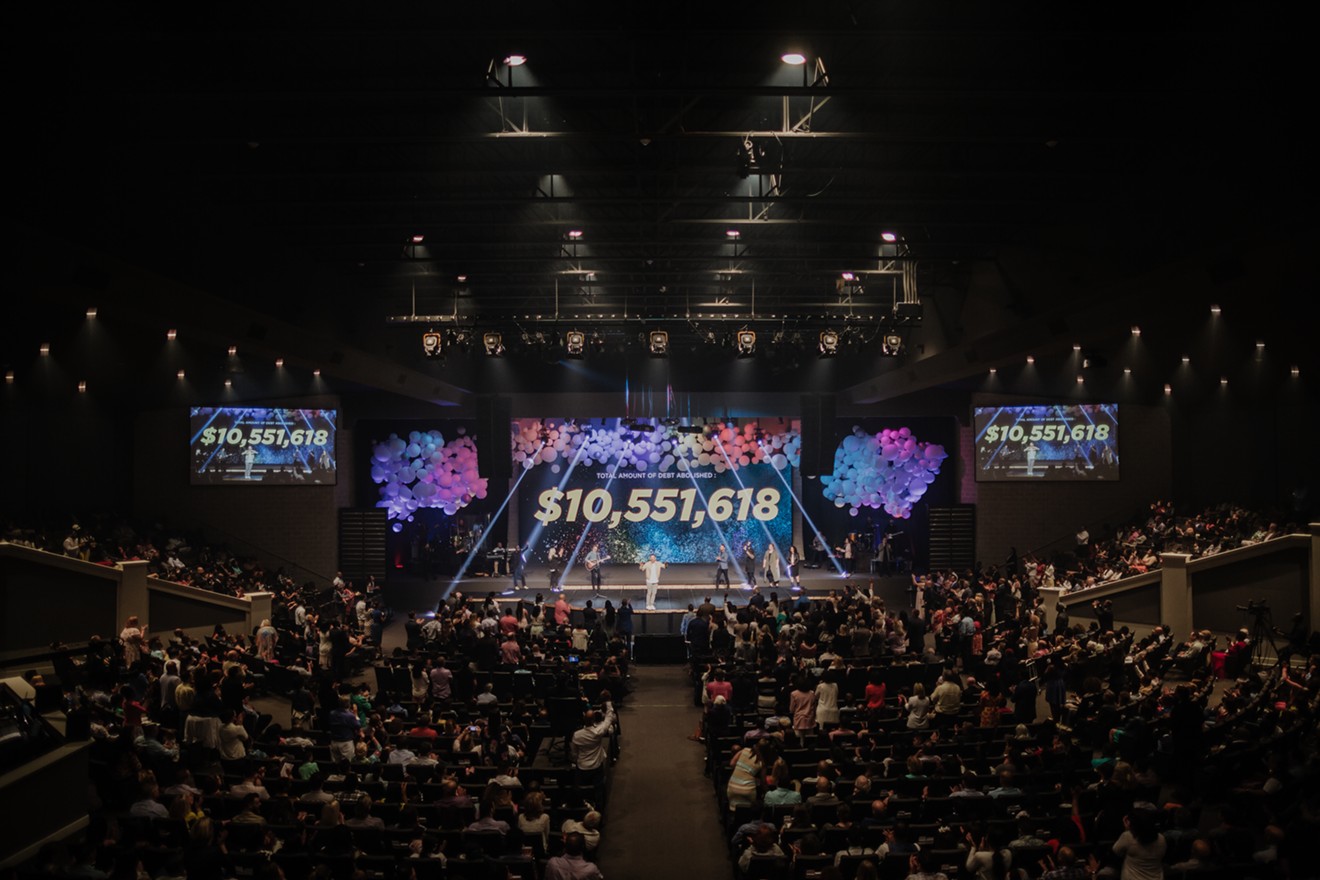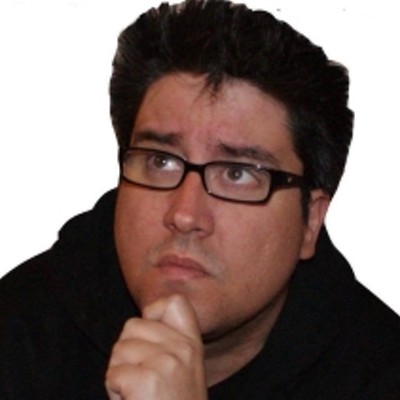The struggle strikes both insured and uninsured patients. The latest study from the Kaiser Family Foundation reported that four in 10 Americans with health insurance have trouble affording their deductibles and a third struggle to pay their premiums. A 2014 report from the Consumer Financial Protection Bureau says that "nearly one-third of consumers with [credit] reports (31.6 percent) have one or more collections tradelines on their credit reports and nearly one in five are related to medical collections."
These unpaid medical bills have served as the foundation for a debt collection industry that purchases billions in unpaid debt for pennies on the dollar for the right to collect those debts, making massive costs seem even more insurmountable, says Craig Antico, the chief executive officer and co-founder of the nonprofit charity RIP Medical Debt, based in New York City.
"The problem is there's $75 billion of medical debt on people's credit reports in this country, but that's just a fraction of the medical debt that people owe," says RIP Medical Debt executive vice president and co-founder Jerry Ashton. "Untold in that figure is all the judgments people have against them that shows up on their credit report but doesn't show as medical debt."
Ashton's organization and other charities raise money to purchase these debts just so they can forgive the millions of dollars people owe for medical treatments and pharmaceutical care. RIP Medical Debt teamed with the Covenant Church of Carrollton to purchase and forgive more than $10.5 million in medical debt for 4,229 individuals and families, including veterans and active-duty military personnel living in the Dallas-Fort Worth area. The church paid $100,000 to obtain the debts earlier this month, according to a statement released by Covenant Church.
"Being someone who has felt the crushing weight that can come with medical debt, I felt strongly that the ability to buy it for just one penny on the dollar was not just a great opportunity but also an act of good stewardship." – the Rev. Stephen Hayes
tweet this
"Being someone who has felt the crushing weight that can come with medical debt, I felt strongly that the ability to buy it for just one penny on the dollar was not just a great opportunity but also an act of good stewardship," the Rev. Stephen Hayes says by email. "While introducing ourselves as a local church to 4,229 families, we also showed them that as a local church, we aren't trying to get something from them but rather give something to them."
Covenant Church approached RIP Medical Debt about helping military members with their mounting debt problems and saw the need for a wider net to help other individuals get out from under their medical debt obligations. According to the Urban Institute, just over 25 percent of Texans reported some kind of medical debt in 2015, a figure that was 1.6 percentage points higher than the national average.
"Covenant is going to be just one vector of other churches in the region and greater Texas," Antico says. "They were thinking at least through emails that they wanted to start abolishing the debt of military, both veterans
RIP Medical Debt has been in service since 2014, when Antico converted his debt-collection agency into a nonprofit agency working to forgive millions in medical-related debt. The organization went national in 2016 after helping the HBO series Last Week Tonight with John Oliver set up its own debt agency in Mississippi so it could purchase and forgive $14.9 million in medical debts in 2016 for a segment about debt buying.
"A lot of people started approaching us, both to help us raise money to buy medical debt [and] technical people who wanted to partner with us to do analytics that's so critical to our work," Ashton says.
Danny Roberson of Garland offered $10,000 to RIP Medical Debt although he owes more than $7,000 after spending $30,000 for treatments that his wife, Betty, received before she died in February after a long battle with cervical cancer. And he had insurance.
"This was an opportunity to donate some money and have it increased 100 times," Roberson says. "You can donate $5,000 to anywhere else and it would do $5,000 worth of good, but a person who
Roberson says he could have used his $10,000 to pay his medical debts, but he wanted his money to do more than just help him break even. He wanted to do what he could to make sure no one else had to go through the unnecessary financial burden of an already painful part of life.
"I probably could have that $10,000 and paid off these different doctors who are hounding us," he says. "When this opportunity came along to help so many other people, I know Betty would have wanted that."












